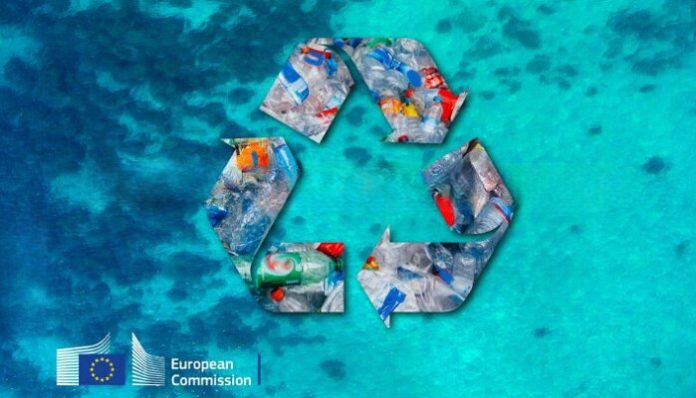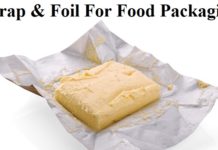As per the reports coming from Euractiv, the parliamentarian who is at present at work on the draught packaging as well as packaging waste regulation, named Frederique Ries, has gone on to eliminate the reusable packaging objectives when it comes to takeaway food as well as drink sales, putting forth the claim that the advantages of reuse as far as the food and drinks sector go happen to be challenging to prove. Besides, Ries also raised doubts when it came to conflating reuse and refill.
As per him, both happen to be very distinct notions that, without a shred of doubt, deserve very varied approaches in order to not mix up the concept. Reuse happens to be an industrial system that gets managed by economic actors, while refill, on the other hand, is a measure that involves packaging reduction and gets primarily managed by consumers.
The European Commission has gone on to add reuse objectives to its original draught of the document that was published last year. However, not everyone is in sync with Ries’ removal. In yet another Euractiv report, negotiators who happen to be working on behalf of Socialists as well as Democrats as well as Greens support the reuse objectives, and the European Commission also went on to voice concerns over the removal of the reuse targets. That said, other stakeholders supporting the reuse target inclusion, however, agree that both reuse and refill have to be clarified and also considered in separate forms.
Most of the discussion surrounding the reuse targets focuses on the issue that reusable packaging does not happen to be as sustainable as it is believed to be and, as a matter of fact, would end up using more resources. Total greenhouse gas emissions concerning packaging happen to be dependent on the kind of food, the length of the transport system, the material used for packaging, and the infrastructure where the waste gets sold. It is well to be noted that accounting for all these elements happens to be challenging, and there is no standardisation in place, which is why the environmental impacts of packaging reports arrive at widely varied conclusions.
The third Euractiv article that covers this discussion had Jean-Pierre Schweitzer from the European Environmental Bureau, who opined that numerous environmental benefits when it comes to reusable packaging may not be utilised in the assessment of the lifecycle, like chemical exposure, biodiversity, land use, and microplastics.
Although various analyses based on life cycle do infer the fact that reusables happen to have a lower footprint, the difference in the number of times the study authors go on to believe that a product needs to be reused before reaching parity can fluctuate from less than 10 to 100, depending upon the LCA criteria applied and the article studied.
DeSmog, which happens to be an independent investigative outlet, goes on to report that food and packaging members have held more than 290 official meetings with the European Parliament Members when it comes to packaging and packaging waste regulation between the start of 2022 and early April this year, as compared to only 21 meetings held by the NGOs.
The Food Packaging Forum has gone on to submit comments related to the draught regulation. Apparently, negotiators from parliament can propose their amendments until May 10 this year, with the parliament’s environment committee voting on the draught by September and a full parliament vote following by October 2023.
Parliament negotiators can propose alterations until May 10, 2023. The Parliament’s environment committee will vote on the draught of the regulation in September, and a full Parliament vote should follow in October 2023.























